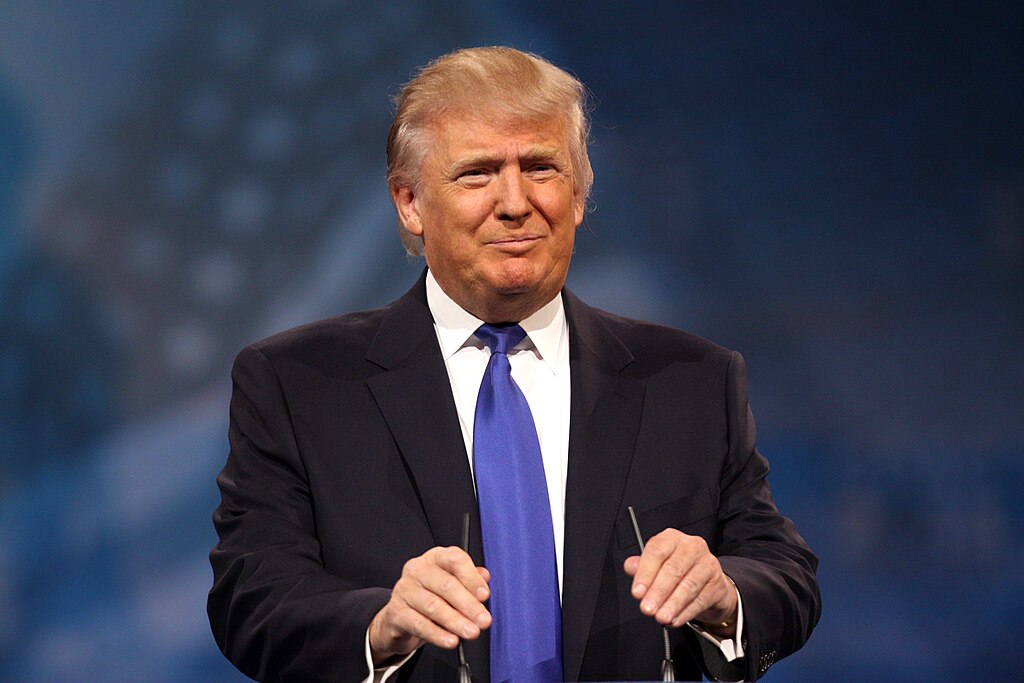Carl Charles faces indictment after Trump judge accused him of “gaming” Alabama’s courts
A Trump-appointed judge has triggered the criminal prosecution of a prominent trans rights lawyer in Alabama, igniting a storm of controversy over judicial overreach, political retaliation, and the limits of advocacy in one of the most contentious areas of American law.
Carl Charles, an attorney with the LGBTQ+ legal advocacy group Lambda Legal, was indicted this week in federal court in Montgomery, Alabama. The charge: allegedly lying to a judicial panel investigating so-called “judge shopping” during Lambda Legal’s challenge to Alabama’s 2022 ban on gender-affirming care for trans youth.
The case has dragged on for more than three years, rooted in the highly politicised battle over transgender rights. Alabama Governor Kay Ivey signed S.B. 184 into law in 2022, making it a felony for doctors to provide puberty blockers, hormone therapy, or surgery to anyone under the age of 19. Lambda Legal joined other groups in suing to block the measure.
From the start, the legal proceedings were mired in suspicion. In 2022, Charles and colleagues were accused of manipulating the system to secure a more sympathetic forum after their case was randomly assigned to U.S. District Judge Liles Burke, a Trump appointee known for conservative rulings. The lawyers voluntarily dismissed two lawsuits filed in Alabama’s Middle District, then filed a fresh challenge in another federal court.
Embed from Getty ImagesJudge Burke, angered by what he characterised as an attempt to “game the system,” referred the matter to a special three-judge panel. Eleven lawyers were initially placed under scrutiny. In the end, three were sanctioned. But it was Charles alone who faced the ultimate blow: referral for criminal prosecution.
The indictment hinges on his testimony before the panel. Prosecutors allege he falsely denied contacting a judge’s chambers about the assignment of the case. Later, when prompted with a question about his phone number, Charles corrected himself, admitted the call, and apologised. Despite that correction, Burke pressed ahead, insisting the lapse was more than a memory slip.
Charles, who once served in Joe Biden’s Justice Department, pleaded not guilty on Monday. His employer, Lambda Legal, condemned the indictment in blistering terms, calling it “an outrageous act of governmental overreach” designed to punish a lawyer for championing LGBTQ+ rights.
“For more than three years, our colleague Carl Charles has been subjected to unprecedented and abusive judicial proceedings, smearing his character and undermining his role in fighting for some of the most vulnerable people in society,” the organisation said in a statement. It added that the phone call at the heart of the case had already been acknowledged as lawful and routine.
Critics view the prosecution as part of a broader offensive by Trump’s Justice Department, which has aggressively pursued restrictions on transgender rights nationwide. The department is simultaneously pushing initiatives to investigate providers of gender-affirming care and even floated a plan to categorise trans Americans as “mentally defective” to restrict gun ownership.
The stakes extend far beyond Charles himself. Press freedom advocates and civil rights groups warn that punishing lawyers for forum choices or testimony lapses could chill legitimate advocacy. Judge shopping, while controversial, is a tactic long employed by lawyers across the political spectrum. That only one trans attorney has been singled out for prosecution deepens fears of bias.
For Charles, the ordeal is far from over. If convicted, he faces prison, professional ruin, and a silencing of his role in a legal movement he has dedicated his career to. For the Biden-era Justice Department, his prosecution by Trump’s appointees underscores the enduring reach of judicial appointments and the risks faced by those who clash with entrenched power in the courts.
As the trial moves forward, one fact is undeniable: a single phone call, made in the course of a bitter legal fight, now stands at the centre of a high-stakes clash between civil rights lawyering and the political machinery of America’s justice system.
